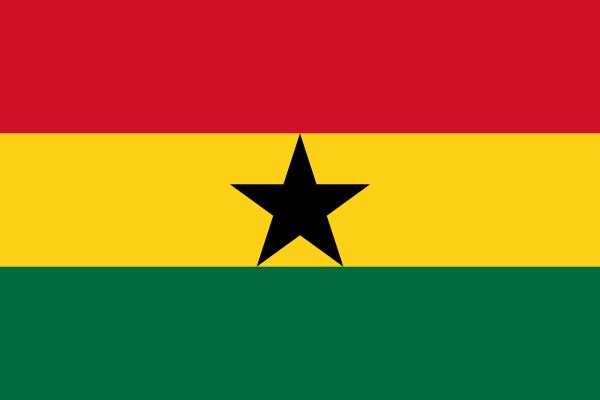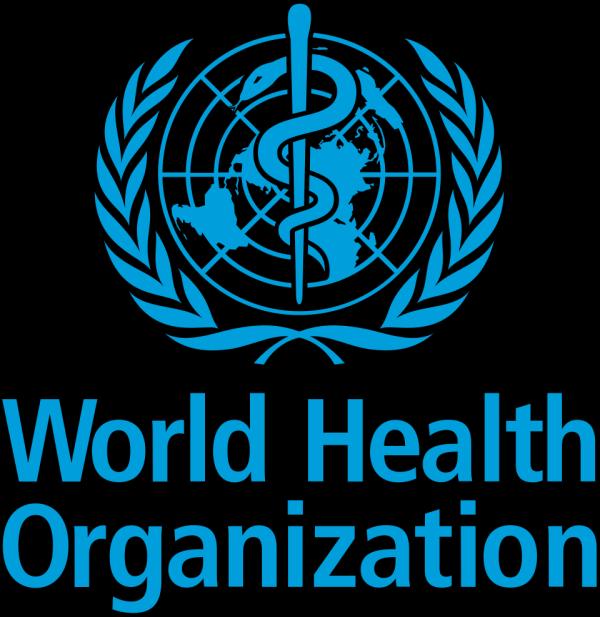
The World Health Organization (WHO) says that two people in Ghana who later died had tested positive for the Marburg virus, which causes a highly infectious disease similar to Ebola
Tests conducted in Ghana came back positive, but those results must be corroborated by a laboratory in Senegal for the cases to be considered confirmed, the WHO said in a statement on Thursday.
The two patients in the southern Ashanti region both had symptoms including diarrhoea, fever, nausea and vomiting, before dying in hospital, the statement said.
If the cases are confirmed, this would be only the second outbreak of Marburg in West Africa. The first ever case of the virus was detected last year in Guinea, with no further cases identified.
“Preparations for a possible outbreak response are being set up swiftly as further investigations are underway,” the WHO said.
There have been a dozen major Marburg outbreaks since 1967, mostly in southern and eastern Africa.
The Marburg virus is usually associated with exposure to caves or mines housing colonies of Rousettus bats. Once caught by a human, the virus is spread through contact with bodily fluids of infected people, or with contaminated surfaces and materials, according to the WHO.
The disease begins suddenly, with a high fever, severe headache and discomfort.
Death rates have varied from 24 percent to 88 percent in past outbreaks depending on the virus strain and case management, according to the WHO.
Although there are no approved vaccines or antiviral treatments, oral or intravenous rehydration and treatment of specific symptoms improve survival rates, it said.





















